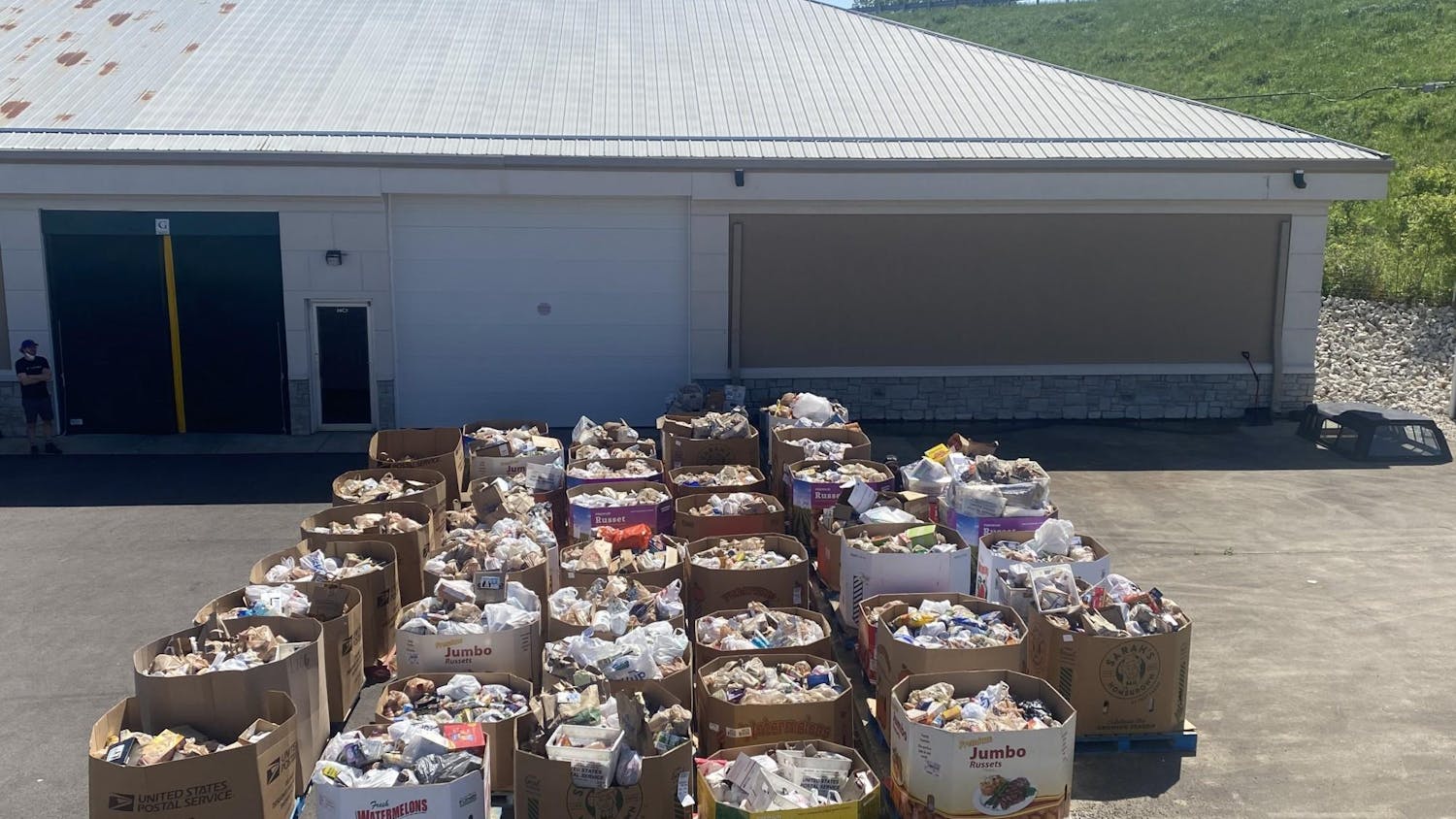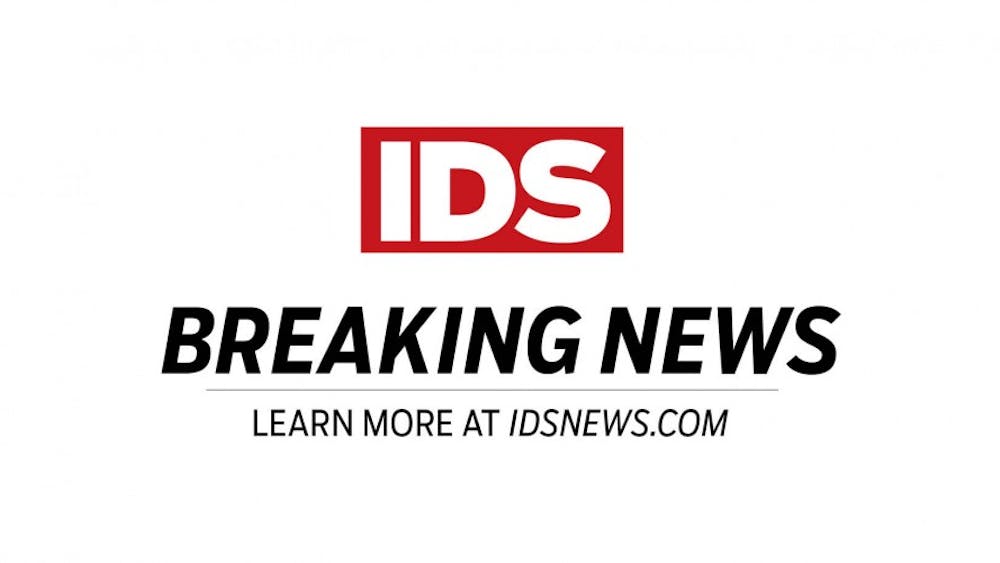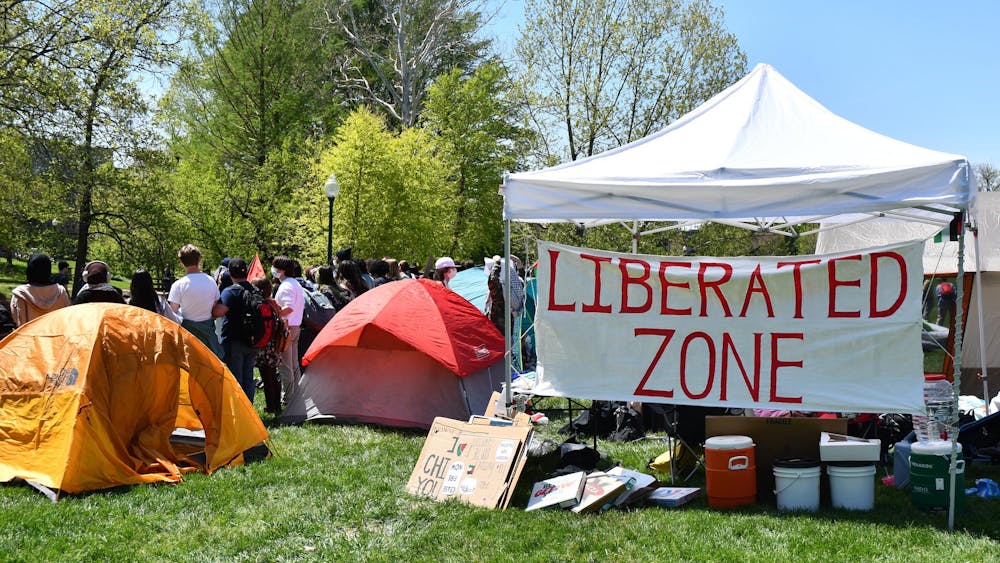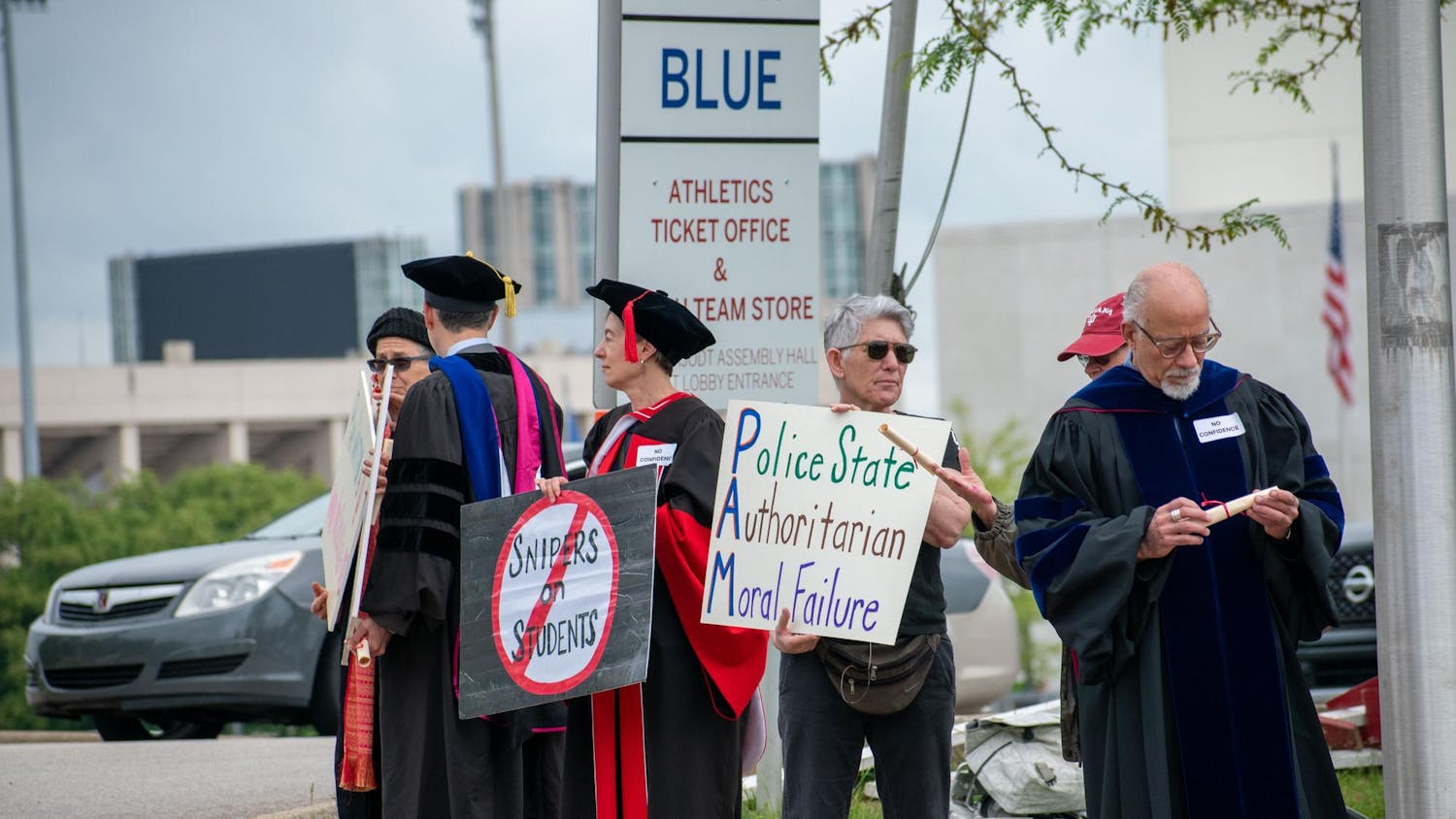In 1994, the official debate program at IU ceased to exist. But IU officials took notice after a motivated group of undergraduate students began a movement to bring back the debate program in 2009, DeLong said.
In 2010, after a 17-year lull, an official debate program at IU was reestablished, with DeLong appointed as its director.
Today, DeLong continues to serve as the director of the program, as well as the head coach of IU’s debate team. He said he believes the program has made tremendous strides since it was reestablished five years ago, but there is still room for improvement.
“Right now, IU is toward the middle of the pack amongst Big Ten debate programs,” DeLong said. “Four or five years ago, we were dead last.”
Thus far, the varsity core of IU’s debate team, eight debaters who comprise four two-person teams, has fared well in its first two competitions: one in Atlanta and one in Kentucky. Their next competition will take place this upcoming weekend, Oct. 30 to Nov. 1, at Harvard University.
The type of debate in which the teams participate is called policy debate, which focuses on governmental action. This year’s resolution is “The United States should significantly reduce its military presence in one or more of the following: the Arab states of the Persian Gulf, the Greater Horn of Africa or Northeast Asia.”
DeLong said he likes the style of policy debate because of its emphasis on research.
“Essentially, policy debaters can do as much research as somebody in a master’s degree,” DeLong said “They can attempt to navigate very dense information that typically is relegated to graduate-level education. They also learn how to deal with extremely complex arguments and topics.”
Although being on the debate team is a serious time commitment, anywhere between 20 to 40 hours per week, DeLong said it yields substantial benefits.
Junior Bee Smale said being on the team has greatly improved Smale's research, argumentation and public speaking skills, among others.
Freshman Harry Aaronson said his involvement with the team has helped him in the classroom.
“Being on the debate team has hugely opened and facilitated my reading comprehension abilities in terms of processing information quickly and drawing out the main points of articles,” Aaronson said. “It has also improved my ability to construct arguments for papers and has improved my research skills.”
But the benefits don’t stop at school, Aaronson said.
“(The debate team) has provided me with a huge network of people: both friends, from here and across the country, and mentors,” Aaronson said. “It’s a great way to establish long-term relationships with people throughout the whole country.”
As the team continues to improve, it has its eyes set on one main goal: qualifying for the National Debate Tournament, DeLong said.
The National Debate Tournament is the largest, most prestigious intercollegiate debate tournament, DeLong said. It features 78 of the nation’s top teams and has a bracket-style format.
“The National Debate Tournament is essentially the debate equivalent of March Madness,” Aaronson said.
A team from IU has only qualified for the tournament once, in 1992. This year, DeLong said, he is hoping that number will change.
“I feel very confident,” DeLong said. “The raw intelligence of the students on our team this year is through the roof.”





